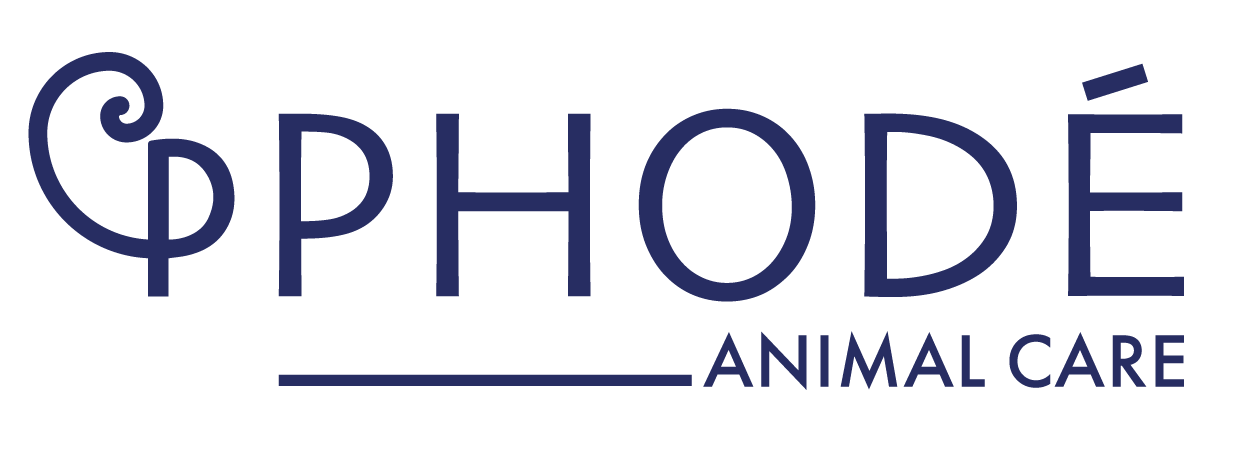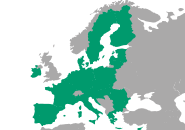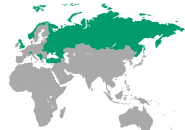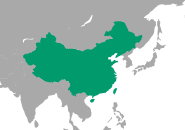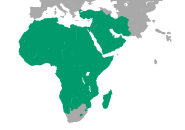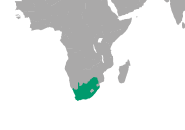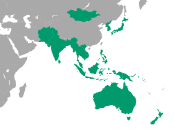The Anses defines animal welfare as “the positive mental and physical state linked to the satisfaction of its physiological and behavioural needs, as well as its expectations”. At the European level, directives translate the application of this definition into obligations of means for each species of livestok. For pig production, it is the directive 2008/120/EC which defines the minimum standards to be respected by pig farmers. Despite the strict application of these standards, stress factors in pig faming are still very much present. So, what is stopping them? The mental dmension is particularly important. The animal’s level of welfare depends very much on ts pereption of the situation. It must be determined from an individual and contextual point of view (for a particular individual, in a given environment).
It s theefore clear that obligations of means only target elements external to the animal (feed, surface, environment…) and cannot be used to understand the overall management of welfare, which must be based on an obligation of results.
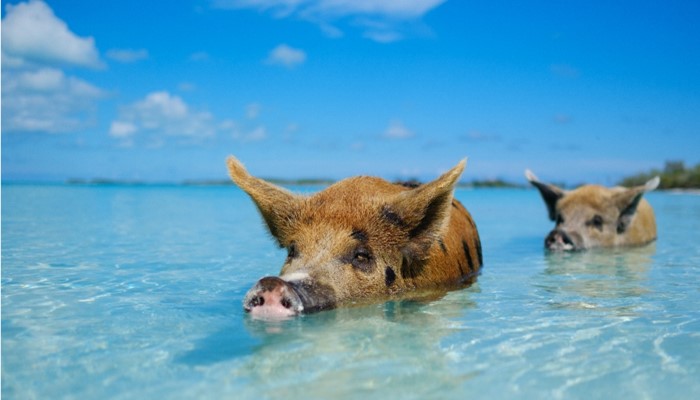
Stress: the first obstacle to pigs welfare
Before talking about stress, it is important to define it. By “stress”, we mean a state in which an individual finds himself in response to a stressful event, qualified as a stressor.
The main stressors inherent in the pig’s life are :
- Weaning of piglets,
- Farrowing of the sow,
- The change of building
- Or the departure to the slaughterhouse.
All these events are perceived as sources of stress for the animal. As pigs are gregarious animals, they need to form stable groups in which a hierarchical social relationship is established. Any change that would destabilize this balance is therefore stressful. What all these stressors have in common is that they are psychosocial in nature, so we will talk about psychosocial stress!
Controlling stress to control pigs’ welfare
Stress in pig farming very often stems from disruption of social interactions: isolation during farrowing, neophobia when meeting piglets.
The social dimension must be considered through a good animal-animal relationship. New husbandry practices such as the early socialisation of piglets under the mother allows a better management of weaning stress (less fighting in post-weaning). As a result, the zootechnical performance of fattening animals is improved. The relationship between man and animal is also important. Habituation and learning skills exist to improve this relationship.
The psychological dimension of the animal’s response is more complex to understand because it is based on individual experience. It can be divided into two parts: firstly, the integration of the stress message by the animal and secondly, the response it produces to adapt (what behaviour will it adopt?).
How to improve pigs’ adaptabilitty to stress?
In pig farming, animals need to have a good adaptability in order to cope with the various stress factors they encounter. Improving it is the key lever for success in managing its well-being. 3 solutions exist:
- To reduce or eliminate stressors, which seems illusory since they are very much inherent to the pigs‘ life in farming.
- To block the integration of the message at the brain level by resorting to veterinary drug treatment, which is currently highly regulated and cannot be generalized to the whole farm.
- To improve the animal’s response to stress, thanks to our sensory solution based on a unique extract of orange essential oil. A solution to enable pigs to adapt and express better behaviour and therefore better performance.
